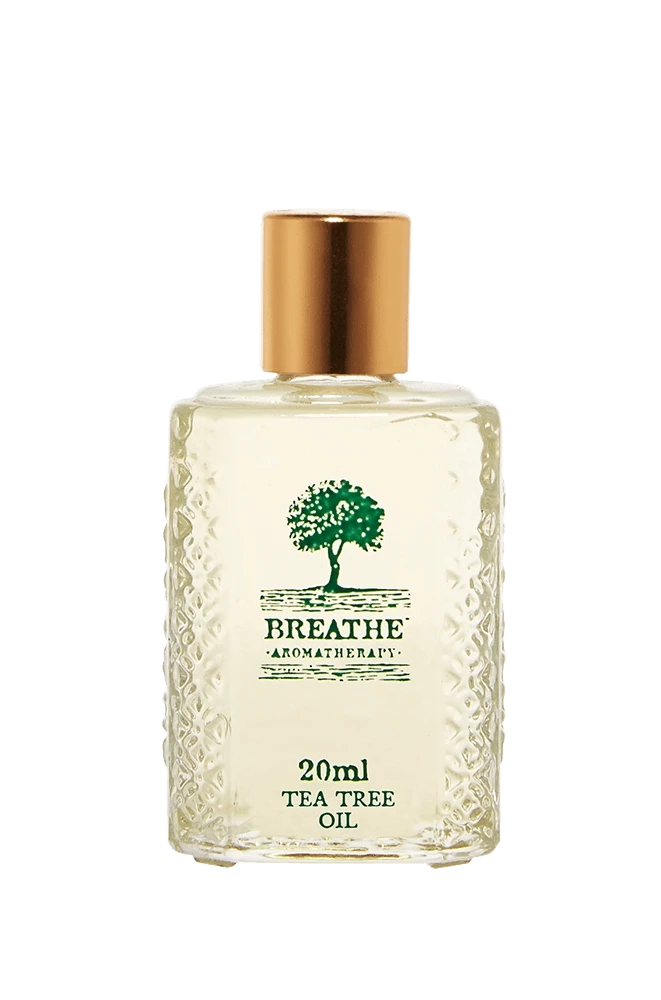Tea tree oil: A miraculous natural remedy?
Tea tree oil is a natural essential oil that has been used to treat a wide range of health problems for hundreds of years. The leaves of the Melaleuca alternifolia tree, which grows in Australia, are used to make tea tree oil. Tea tree oil can be used to treat acne, eczema, and psoriasis, among other skin problems, because it is antiseptic and kills bacteria. Tea tree oil can also be used to treat bronchitis, sinusitis, and other diseases of the lungs. Tea tree oil is also good for treating fungal infections and other bacterial diseases.
Some surprising health benefits of tea tree oil
There are numerous unexpected health benefits to using tea tree oil, which is an essential oil. Because of its antiseptic properties, it can be used to treat a variety of skin problems, including acne, psoriasis, and eczema. In addition to its antibacterial and antiseptic effects, tea tree oil can also be used to treat fungal and viral illnesses including athlete's foot and cold sores. The anti-inflammatory and wound-healing properties of tea tree oil are additional benefits.
So Many Ways to Put Tea Tree Oil to Use
Tea tree oil is a multipurpose natural medicine. It is effective against eczema, psoriasis, and acne. Lice, ringworm, and athlete's foot are all treatable with tea tree oil. Gum disease and poor breath can be treated with tea tree oil when used as a natural mouthwash. Additionally, tea tree oil has been shown to be effective as an insect repellent.
The Skin-Healing Power of Tea Tree Oil
Tea tree oil is a natural remedy that does wonders for the skin. It's useful for treating a wide range of skin issues due to its antimicrobial, antifungal, and antiviral qualities. Tea tree oil is effective against a wide variety of skin conditions, including pimples, eczema, psoriasis, ringworm, and more. Additionally, it helps with athlete's foot and nail fungus. You can either put some tea tree oil on your skin or put some in the tub.
Tea tree oil has many skin-friendly features.
When used topically, tea tree oil's anti-inflammatory, anti-fungal, and antibacterial properties quickly go to work. Acne, eczema, and psoriasis are just some of the skin conditions that tea tree oil has been proved to help. It's great for calming inflamed skin and bringing down inflammation. Athlete's foot and ringworm are only two of the many fungal infections that tea tree oil may treat.
what are the Risks and Side Effects of Tea Tree Oil
Tea tree oil is a popular essential oil derived from the leaves of the tea tree. It can be used for a variety of things, including as a natural therapy for skin issues, hair loss, and athlete's foot, among other things. It's also been reported that tea tree oil has characteristics that make it antibacterial and antiseptic.
However, you should be aware that using tea tree oil comes with a few risks and side effects. For instance, it is possible for it to be deadly if it is consumed at large levels, and it is also possible for it to cause skin irritation and allergic reactions in certain individuals. In addition, children younger than two years old should not be subjected to tea tree oil treatments because of the risk it poses to their health.



